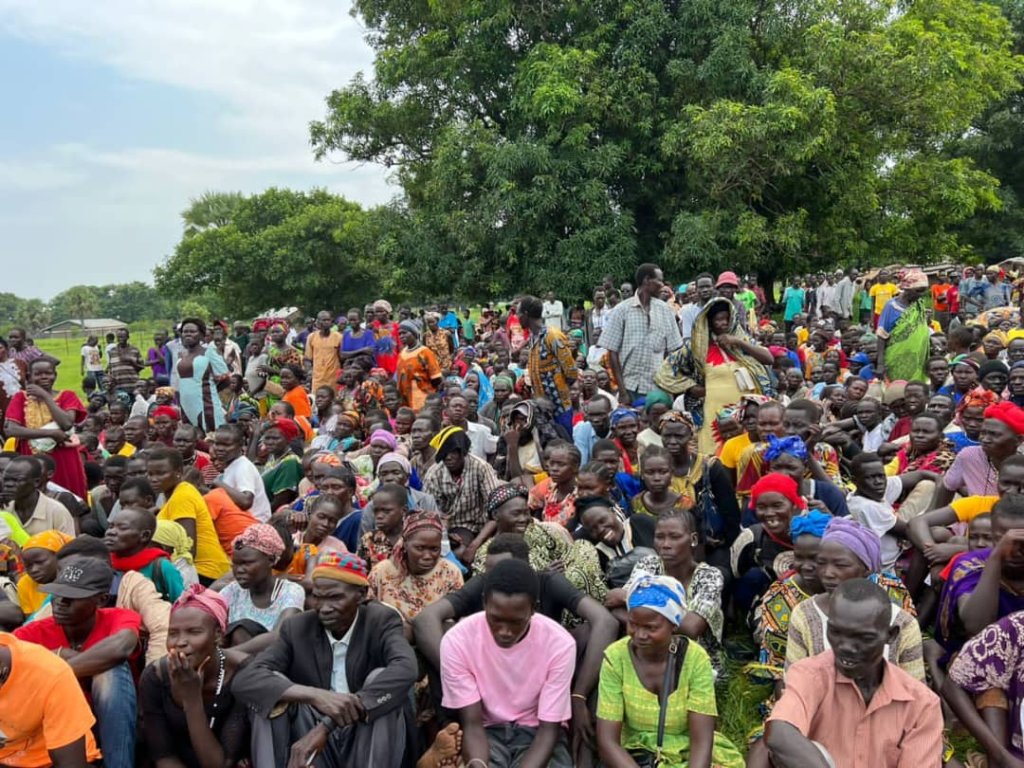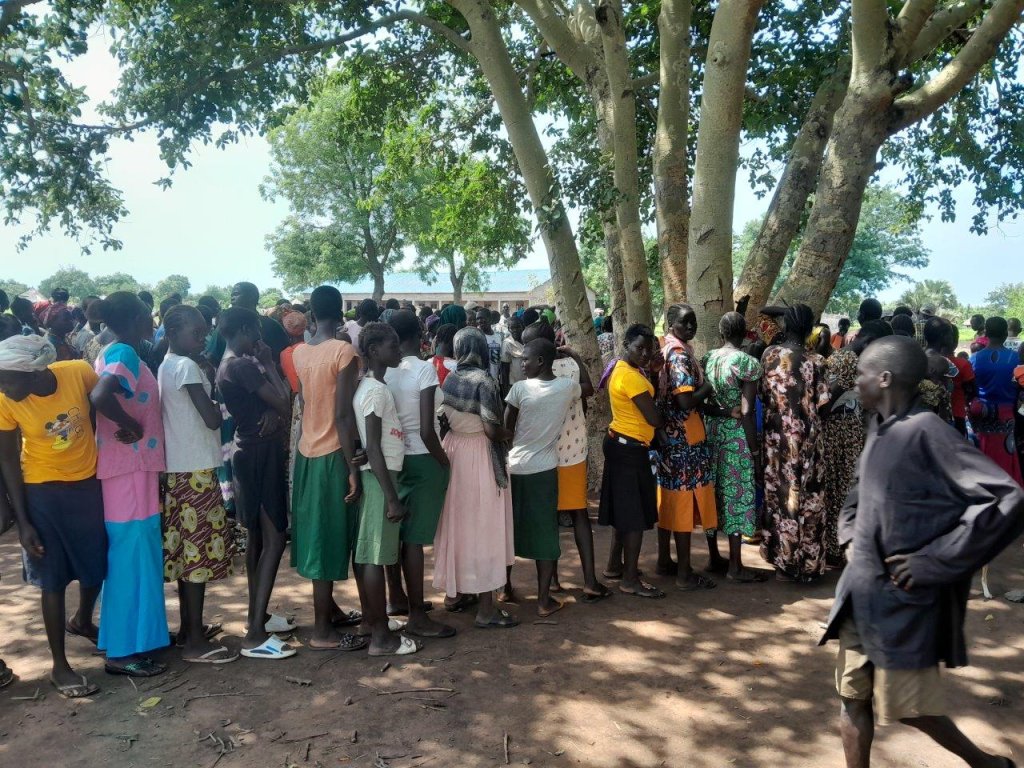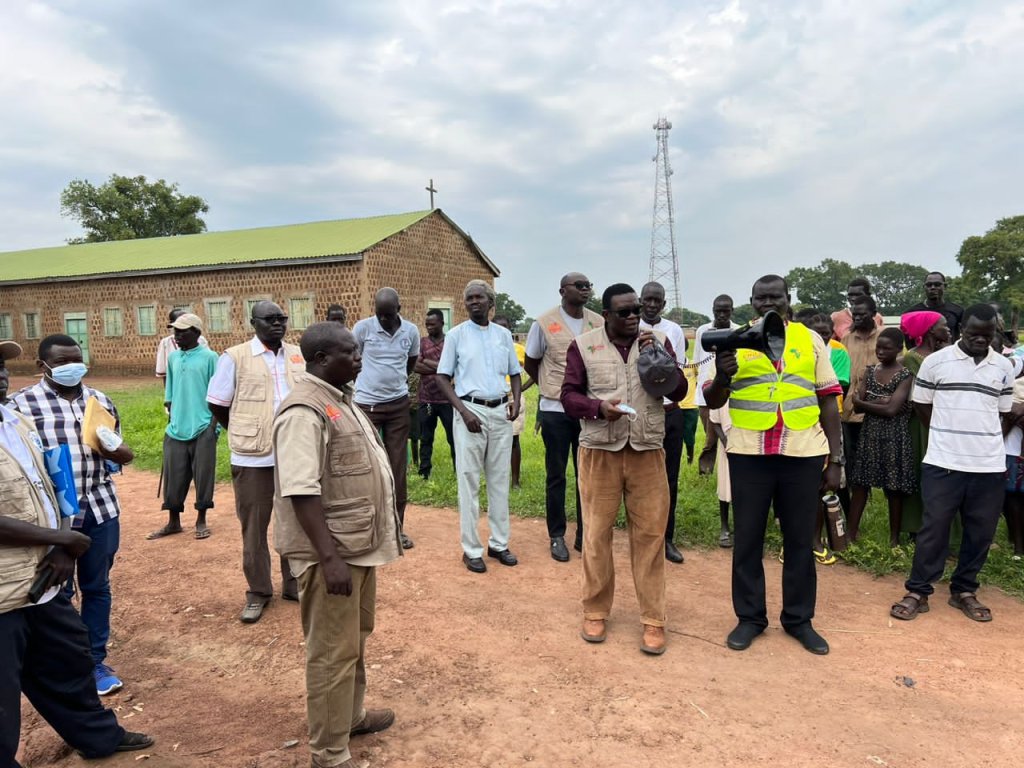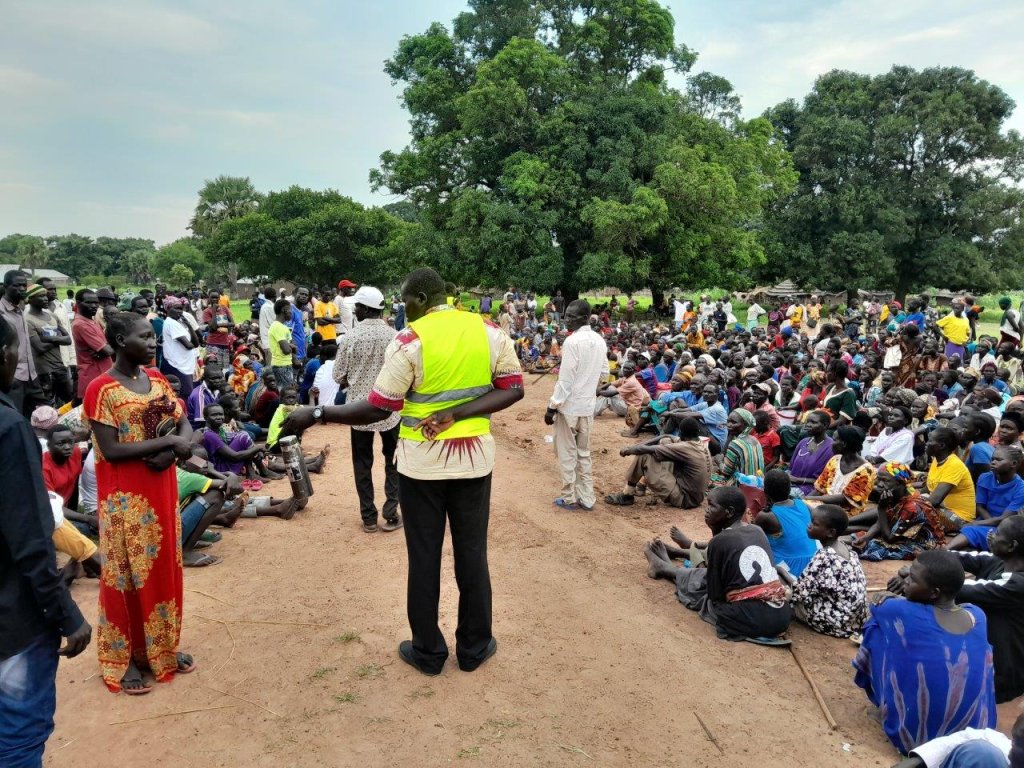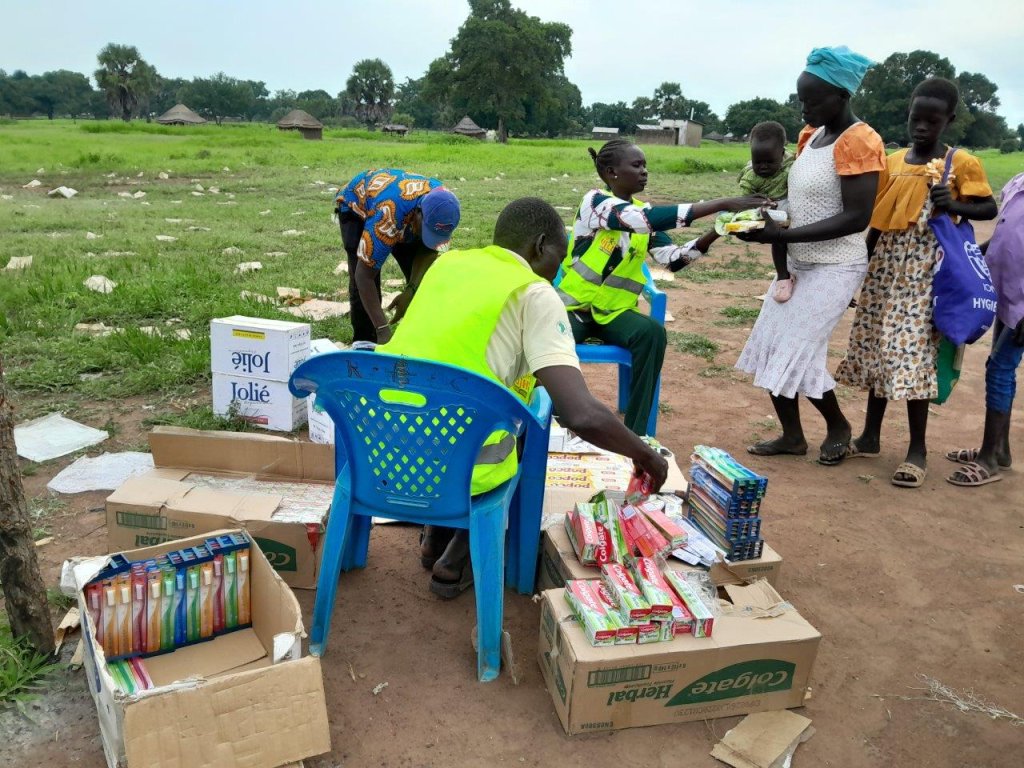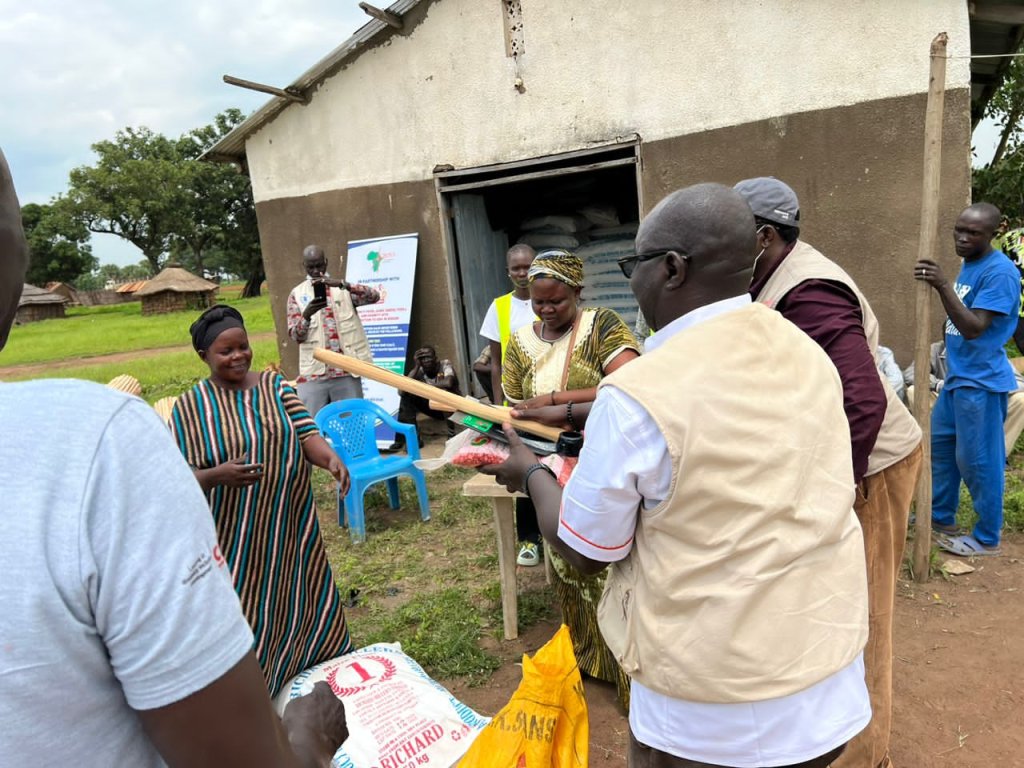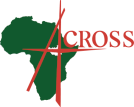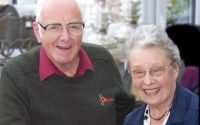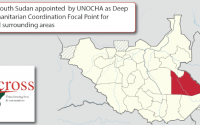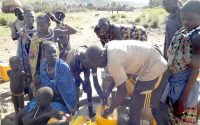Serving Minga’s Displaced with Essential Supplies.
Armed forces assaulted multiple communities in Minga Payam, Mundri County, Western Equatoria State, early in April 2024, setting fire to homes, granaries, and pillaged goods. As a result, many locals were left homeless, detained, or reported missing. After these horrible deeds, some 6000 people were forced to relocate to Rokon, which is 80 kilometers west of Juba, the capital of South Sudan. The humanitarian catastrophe in the region was made worse by this deed. Women, children, and the elderly made up the majority of those who had been displaced.
ACROSS conducted a Rapid Needs Assessment in Rokon Payam, Central Equatoria state, during the first week of May. Based on the results of this assessment, ACROSS decided to launch an emergency response to provide food items, seeds, farm tools, and dignity kits to the internally displaced people. The farm tools gave the IDPs the strength to cultivate and plant seeds for a better harvest, and the food that was distributed was nourishing, giving them a balanced diet. The dignity kits assisted women and girls who were of reproductive age in maintaining their dignity, self-worth, and confidence.
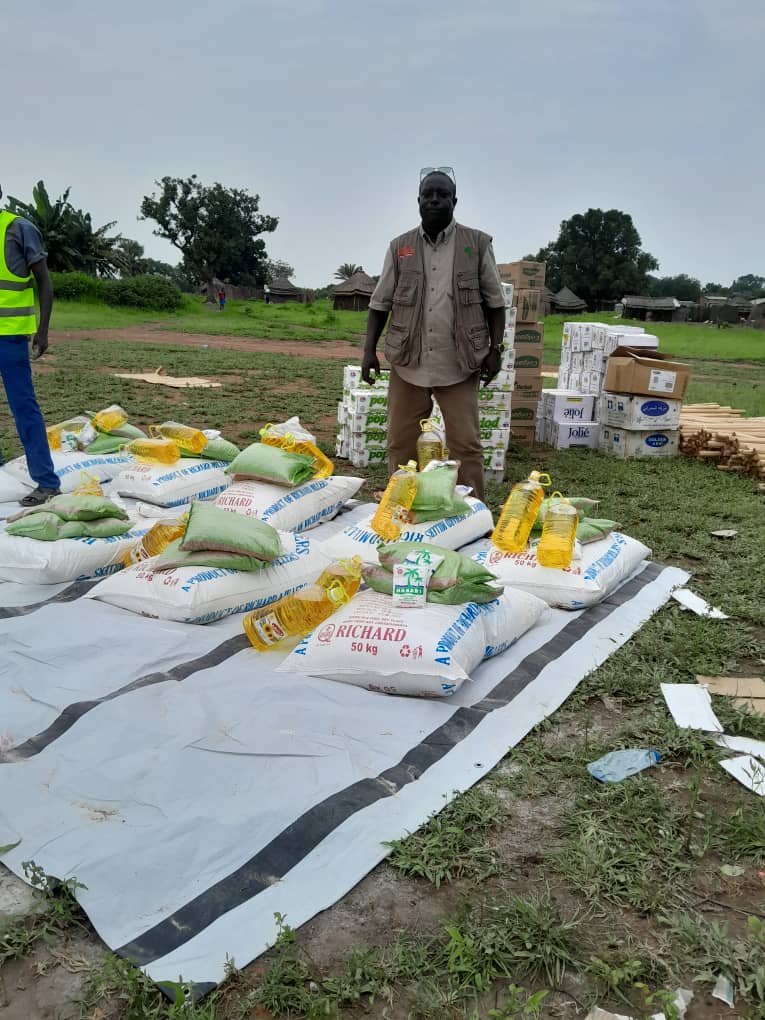
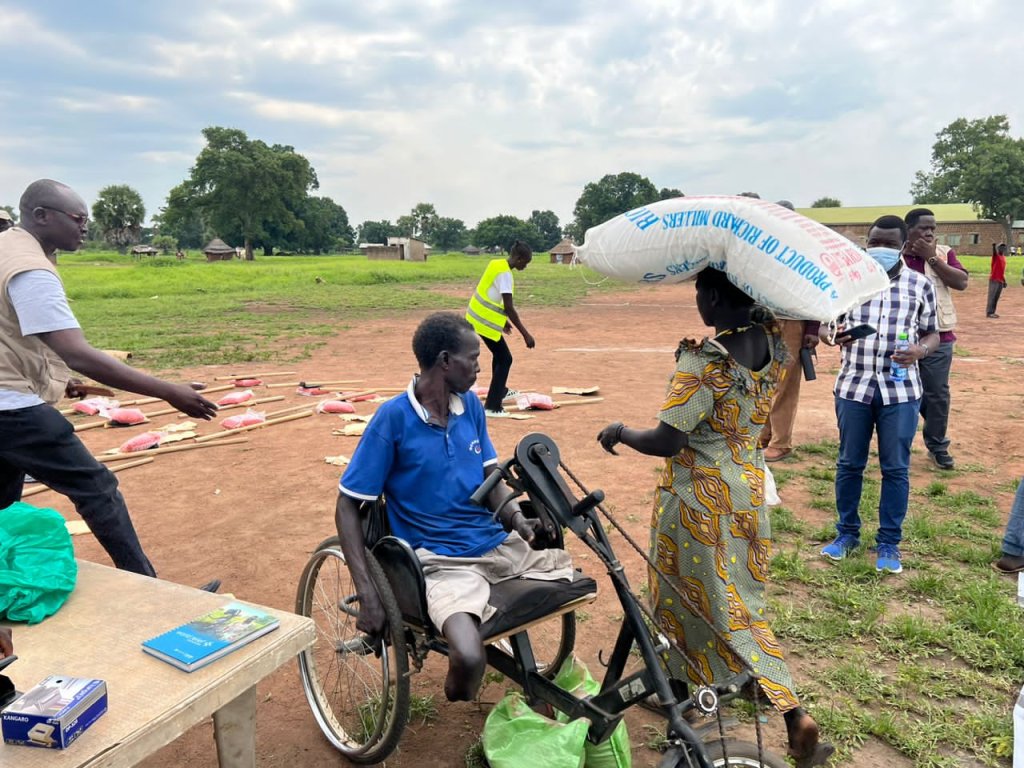
Some of the individuals who fled to Rokon did so to avoid the violence that was occurring in their area between government troops and the opposition, while others did so as a result of food insecurity brought on by cow keepers in Terekeka grazing their animals on farmlands, ruining the crops and the livelihoods of farmers. The things that were given to the forcibly displaced people allowed them to go about their everyday lives—eating, drinking, sleeping, cooking, cleaning, and storing belongings—and keep up a minimal level of living.
The recipients were incredibly appreciative of ACROSS’s kindness during their difficult period. After losing everything, Mrs. Dorca Fadia Kabi, a 35-year-old mother of six children—five boys and one girl—and her family fled to Rokon in search of safety. According to Mrs. Dorca, “life in the IDP site is challenging, primarily due to the lack of financial resources to make ends meet and purchase essential items, such as dignity kits. To pay for dignity kits and other basic hygiene products, I frequently rely on Food for Work programs and make alcohol locally to sell. I am appreciative of the help that ACROSS and HaC gave the IDPs in Rokon. The supplies included toothpaste with a brush, reusable sanitary pads, laundry soap, and bath soap. These things are essential to my being able to cope with this humanitarian situation with dignity and self-worth. I am hopeful that with sustained support, I will be able to overcome these difficult times with fortitude and perseverance.”
